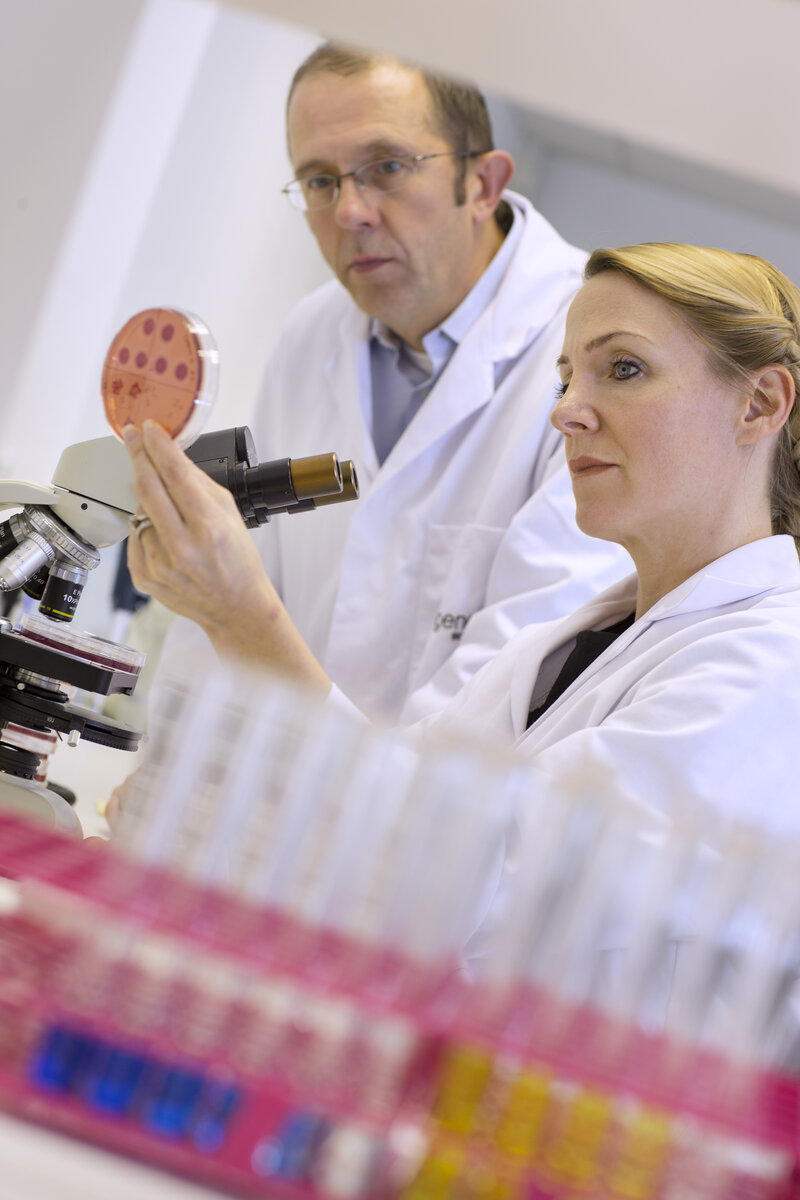Keeping your premises clean is one of, if not the, top priority for a hotel, restaurant or café. A sanitary environment – that has been efficiently cleaned – will not only ensure customers and staff remain happy, but also healthy, protecting them from easily avoidable health hazards.
However, it seems many businesses are still using traditional harsh chemical products to perform everyday cleaning tasks. This is not only harmful to those exposed to them as well as the wider environment, but will cost the company money in the long run.
Emma Saunders, General Manager at world-leading research facility Genesis Biosciences, explains: “The use of unnecessary harsh chemicals is particularly pertinent in the cleaning and management of hotels and restaurants simply because people are not aware of the risks or think the alternatives are too expensive. Due to the negative environmental impacts and health implications for guests and workers, institutes have a duty to consider safer alternative cleaning solutions – such as biological solutions.
“Probiotic cleaning products are safe and sustainable and contain beneficial bacteria to breakdown any soiling on a surface, thus reducing the need for harmful chemical cleaning products. The ‘good’ bacteria in biological products multiply in the application area degrading any dirt and can also compete with any nuisance bacteria present for available growth nutrients. What’s more, unlike chemical cleaners, which offer short-term cleaning benefits, biological products contain live beneficial microorganisms that build a positive biofilm on the surface after application, continuing to remove soiling that even the strongest chemical products can’t touch, and preventing unwanted odours.
“The body of evidence linking traditional cleaning products to both environmental and health hazards continues to grow. A recent large study commissioned by Asthma UK identified a link between professions such as facility cleaners – where the use of products with high concentrations of chemicals is common – and the development of asthma in adults. It concluded that approximately one in six cases of adult onset asthma could be due to occupational exposures, providing a clear case for extra care to be taken by employers of those working in jobs with high-risk exposure to hazard substances.
“Some contractors have yet to adopt an environmentally responsible biological cleaning process because they believe it to be more expensive. While it is true that biological cleaners tend to be more expensive on a per litre basis due to higher raw material costs, they can provide a much larger return on investment in the long run. Firstly, they reduce labour costs by continuing to clean after application so cleaning isn’t needed as frequently. Secondly, their less abrasive nature means assets and infrastructure aren’t being corroded by chemicals and hence will not need replacing as they would with chemical cleaning. Thirdly, and certainly not lastly, they protect staff and guests’ wellbeing. Biological cleaners have been scientifically demonstrated to provide better control of harmful bacteria compared to disinfectant chemicals on four indicator micro-organisms Staphylococcus aureus, Escherichia coli, Pseudomonas species and Candida albicans.
“Taking all these factors into account, it is remarkable that there are still companies in the HoReCa industry that are risking employees’ and customers’ health by using harsh chemical cleaning solutions. I think with a little education, we could see a huge revolution in the hospitality sector very soon.”
For more information about switching to biological cleaners, visit genesisbiosciences.co.uk.

